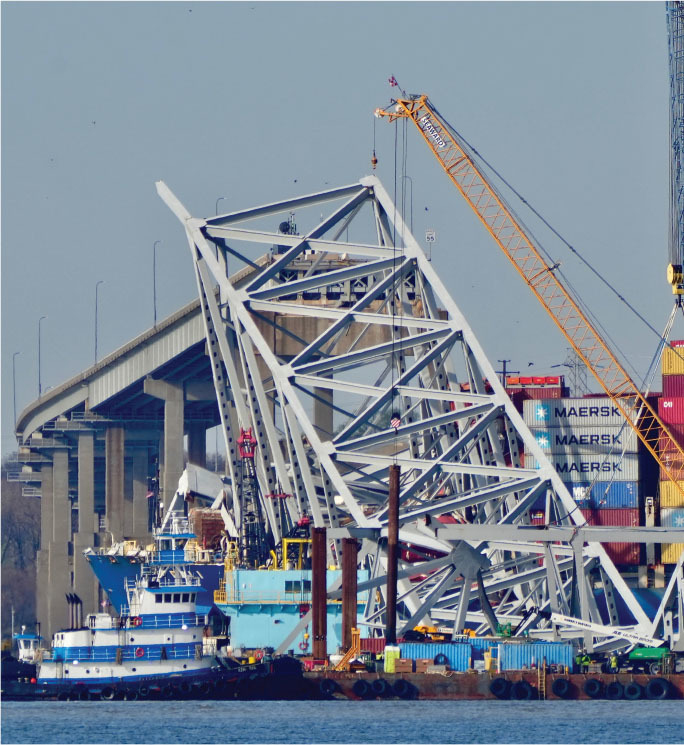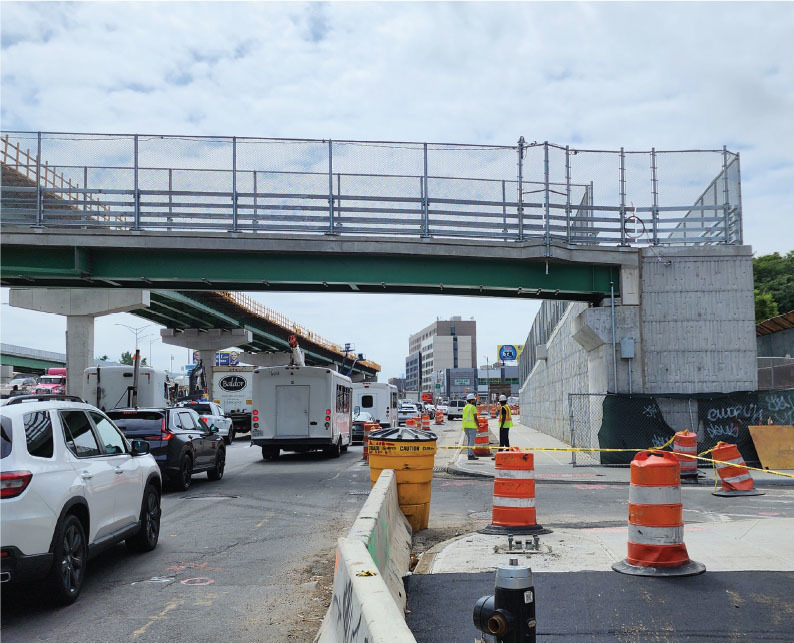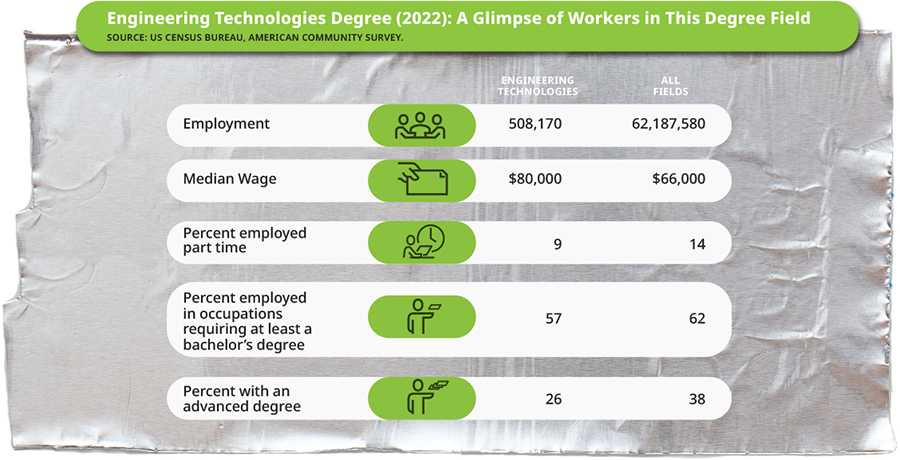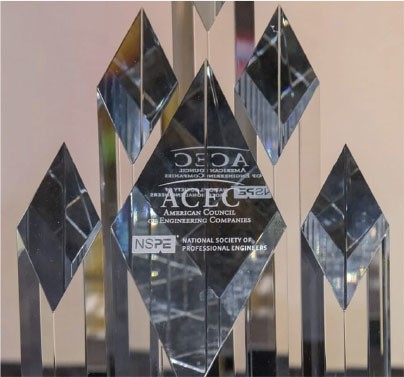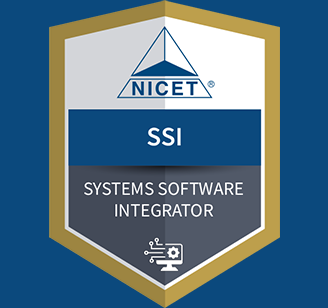September/October 2016
PE Report
NSPE Argues for Liability Protection Through Contracts
NSPE filed a friend-of-the-court brief with the Maryland Supreme Court in June to support an economic loss doctrine that protects design professionals against limitless claims by contractors with whom they do not have a direct contractual agreement for economic damages.
In the case of Balfour Beatty Infrastructure Inc. vs Rummel Klepper & Kahl LLP, NSPE is asking the court to affirm the judgment of the Court of Special Appeals, which confirmed the significance of contracts to maintaining predictability and certainty in the allocation of risk in the construction industry. If the judgment is not affirmed, design professionals would face a diminished ability to contractually manage and control project risks and face exposure to unlimited liability for all of the economic consequences of a negligent act. Costs associated with both public and private procurement would also increase.
The Court of Special Appeals considered whether the economic loss doctrine applies to shield an engineering firm from tort claims brought by a contractor seeking damages for economic losses suffered in consequence of relying on the firm’s allegedly defective designs and projections. While the engineering firm and the contractor each had separate contracts with the government to perform work on the same design-bid-build construction project, there was no contract between the parties.
The Society argues in the brief that if the Maryland Supreme Court adopts the position advocated by the appellant, the scope of potential liability for design professionals, and by extension many other construction industry participants, would greatly and unnecessarily expand. Such a ruling would also undermine the ability of design professionals to enter into contracts in order to define their business relationships and apportion risk and responsibility for purely economic damages.
The economic loss rule encourages parties to allocate risk and responsibility to reflect the commercial realities of a construction project. The rule requires a direct relationship to recover economic loss damages to guard against the potentially limitless risk exposure, for purely commercial or economic damages, that would result in the absence of this requirement.


 Volunteering at NSPE is a great opportunity to grow your professional network and connect with other leaders in the field.
Volunteering at NSPE is a great opportunity to grow your professional network and connect with other leaders in the field. The National Society of Professional Engineers (NSPE) encourages you to explore the resources to cast your vote on election day:
The National Society of Professional Engineers (NSPE) encourages you to explore the resources to cast your vote on election day:

